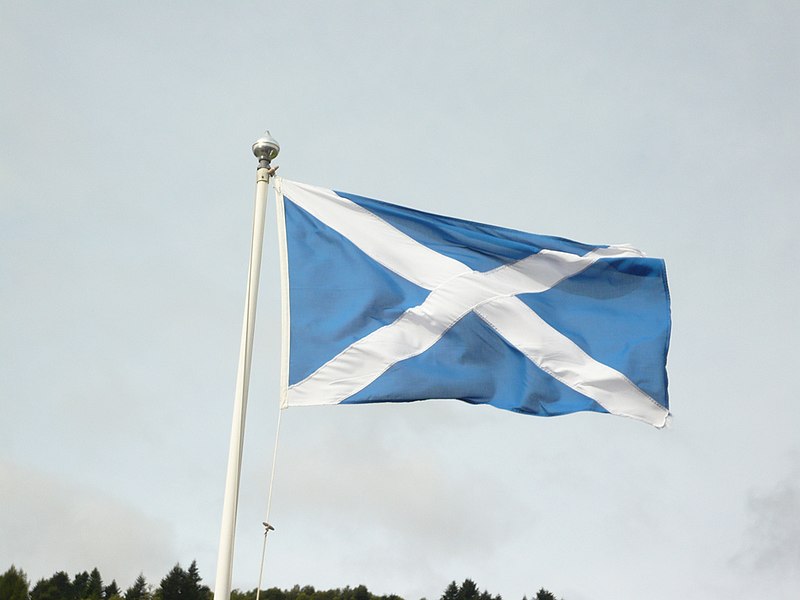
According to a recent YouGov survey conducted for Sky News, support for Scottish independence continues to trail support for remaining in the UK in the aftermath of former First Minister
Nicola Sturgeon's resignation. The poll showed that 54% of Scottish voters would support remaining in the UK, while 46% would back independence.
Additionally, more than half of the respondents (52%) believed that Scotland would still be part of the UK in ten years, compared to just 30% who thought the country would be independent. This poll is the latest indication that the Scottish independence campaign has been affected by Sturgeon's departure from power.
Sturgeon's resignation came at a time when she was facing fierce infighting within the SNP over the party's independence strategy and after a heated dispute over her gender identity reforms. Her official departure from office is set for two weeks from now, when her successor as SNP leader is announced.
On the same day that voting officially opened in the SNP leadership contest to choose her replacement, Sturgeon met with a group of kinship carers at an annual breakfast event hosted by the Big Hearts Community Trust at Tynecastle Park in Edinburgh. During the visit, she was pictured struggling to persuade a five-year-old boy named Jaxon to take a selfie with her.
Ballot papers have been sent out to tens of thousands of SNP members to choose between the three candidates running for the party leadership: Humza Yousaf, Kate Forbes, and Ash Regan. Members will have two weeks to cast their votes, with the ballot closing on 27 March. The new SNP leader and Sturgeon's successor will be announced shortly after the ballot closes.
Despite the ongoing debate and recent polling, the issue of Scottish independence is far from resolved. There are still strong opinions on both sides, and the matter will undoubtedly remain a contentious issue in Scottish politics for some time to come. However, the current poll results suggest that Sturgeon's resignation may have had an impact on the independence movement and shifted the balance of public opinion slightly towards remaining in the UK.


































